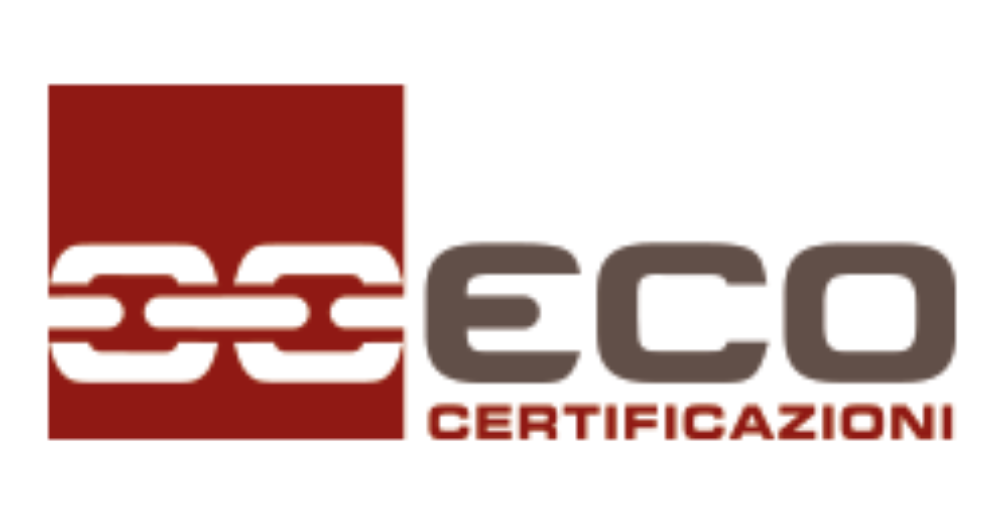Whistleblowing
Illegal reporting portal
Formula Imola has set up the whistleblowing portal to make reports in accordance with the provisions of Law No. 179/2017 to combat corruption.
To whom it is dedicated
Companies
Workers of enterprises supplying goods or services and performing works for the government.
Public administration
Employee of the general government and a private law entity.
Security and confidentiality
Thanks to the use of an encryption protocol that guarantees the transfer of confidential data, the unique identification code obtained as a result of the report registered on this portal allows the reporter to “dialogue” with the Head of Prevention of Corruption and Transparency in an anonymous and depersonalized manner.
Thanks to the use of this protocol, since the entry into operation of this portal, the level of confidentiality has therefore increased compared to the previous ways of processing the report. For this reason, those who introduced their reporting after the effective date of Law No. 179/2017 through other channels (telephone, regular mail, electronic mail, certified and non-certified, general protocol) are advised to use only the IT platform.
On the other hand, the use of the IT platform also ensures a faster processing of the report itself, guaranteeing a more effective protection of the whistleblower
Subject of the report
The subject of the report must be unlawful conduct of which he or she has become aware by reason of his or her employment relationship.
In particular, the unlawful conduct that is the subject of whistleblowing deserving of protection covers not only the full range of crimes against public administration under Title II, Chapter I, of the Criminal Code, but also abuses of service functions that, regardless of criminal relevance, highlight a malfunction put in place for private purposes, with damage even only to the image of the administration.
It must be assumed that the category of wrongful acts includes, at least for some cases of criminal relevance, also the configuration of attempt, where its punishability is provided for.
Therefore, unlawful activities that have not yet been carried out, but which the whistleblower reasonably believes may occur in the presence of precise and concordant elements, may form the subject of a report.
The content of the reported fact must present elements from which it can be clearly inferred an injury, prejudice, hindrance, or alteration of the correct and impartial performance of an activity or a public service or for the public, including from the point of view of the credibility of the administration’s image.
Think also, merely by way of example, of cases of waste, nepotism, repeated failure to meet procedural deadlines, non-transparent hiring, accounting irregularities, false statements, violation of environmental and occupational safety regulations.
The possible existence and extent of personal interests of the reporter should be evaluated, for example, taking into account that complaints of a personal nature such as grievances, claims or requests that pertain to the discipline of the working relationship or relations with hierarchical superiors or colleagues cannot generally be considered whistleblowing reports, unless they are related or traceable to the violation of internal procedural rules of the administration that are symptomatic of its malfunctioning.
The protection of Article 54-bis Legislative Decree 165/2001 ss.mm. does not apply, on the other hand, to reports of information that is already totally in the public domain, to news without foundation, to reports based on mere suspicions or rumors or containing information that the reporter knows to be false, and to so-called “rumors.”
It is therefore advisable for reports to be as circumstantial as possible and offer as much information as possible in order to enable the RPCT to make appropriate inquiries.
The reports must be made indicating any useful element to activate the verifications to confirm the validity of the facts reported, including by way of example:
- The identity of the person making the report;
- a clear description of the facts, and if known, times and places where the facts were committed;
- The details of the individuals who committed the acts;
- If known, the details of other individuals who can report on the facts;
- Any other information or documentation useful in assessing the existence of the facts.
In the case of anonymous reports, they will be considered if sufficiently substantiated inherent in facts of particular gravity.
Their treatment takes place, however, through channels distinct and different from those prepared for Whistleblowing reports, as they do not fall, by the express will of the legislator, directly within the scope of application of Article 54 bis of Legislative Decree. 165/2001, as pointed out in point 2 of the aforementioned in the ANAC Guidelines, which reiterates that the protection provided by said article can only concern the public employee who identifies himself or herself (otherwise, the protection cannot be ensured) and, in any case, according to the literal tenor of the rule, the protection granted concerns retaliation that may take place within the employment relationship and not also those of another kind.
Instructions for use.
The application can be accessed at the following link
By registering your report on this portal, you will obtain a unique identification code, “key code,” which you must use to “dialogue” with the RPCT in a depersonalized manner and to be constantly informed about the processing status of the report submitted.
Remember to carefully keep the unique identification code of the report, since, in case of loss, the same cannot be recovered or duplicated in any way.





